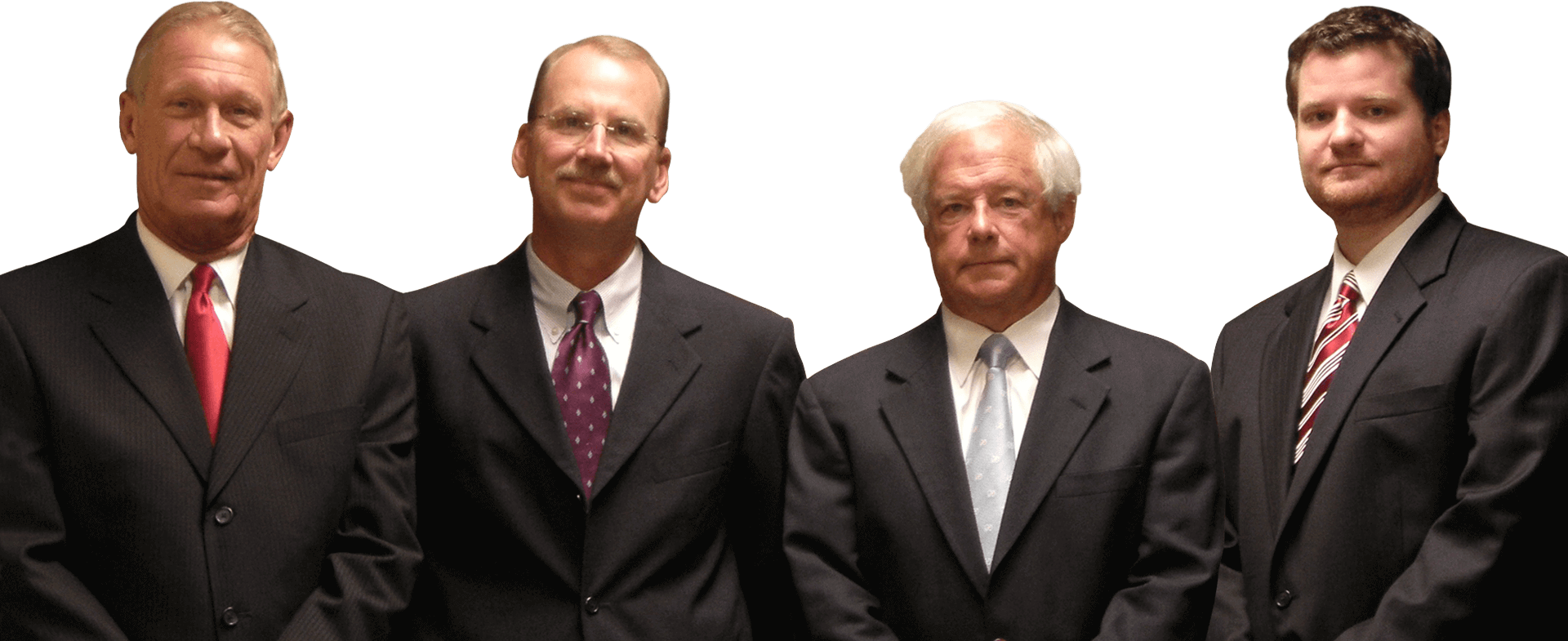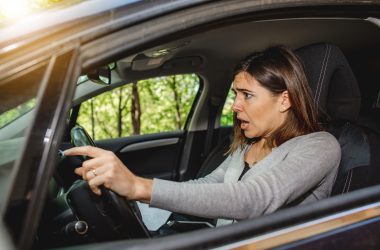I’m Scared to Drive Again After the Accident — Is That PTSD?
I’m Scared to Drive Again After the Accident — Is That PTSD?
November 09, 2025
The immediate shock of a car crash is something you never forget. In the moments, days, and even weeks that follow, your thoughts may race, replaying the event. The idea of getting behind the wheel again can feel paralyzing. If this sounds familiar, your reaction is not unusual. At Lafferty, Gallagher, & Scott, LLC, we have worked with car accident victims since 1973 and have found PTSD to be a common side effect.
If you are scared to drive again after an accident, there is a chance you may be experiencing post-traumatic stress. Common signs of this include:
- Reliving the crash through flashbacks or nightmares
- Feeling panicked or frozen when thinking about driving
- Avoiding cars, highways, or the accident location
- Physical reactions like a pounding heart, sweating, or shaking
- Difficulty concentrating or feeling emotionally detached
These reactions are your mind’s way of processing a traumatic event. Let’s explore more about what PTSD is, why it might be happening, and what you can do next.
Is It Normal to Have PTSD After an Accident?
Yes, it is completely normal to develop post-traumatic stress disorder (PTSD) after a car accident. PTSD is a mental health condition that can occur after experiencing or witnessing something terrifying or life-threatening, and a serious crash certainly qualifies. It is estimated that motor vehicle accident PTSD may affect 2.5 to 7 million people in the United States.
During the accident, your brain went into survival mode, flooding your body with adrenaline to help you stay safe. For most people, those reactions fade over time. But for others, the brain stays on high alert, constantly scanning for danger. That ongoing fear and tension can develop into PTSD.
How Do I Know If It’s PTSD or Just Anxiety?
Both anxiety and PTSD involve fear, but PTSD is distinct because it stems from re-experiencing the trauma itself. A mental health professional is the only one who can provide a diagnosis, but understanding the difference is an important first step.
- PTSD Symptoms: May include flashbacks, nightmares, active avoidance of reminders of the crash, heightened alertness, and emotional numbness. These symptoms typically last for more than a month.
- General Anxiety Symptoms: Often involve worrying about driving or future safety, but usually without the vivid reliving of the past trauma.
Recognizing these signs is not weakness; it is self-awareness, and it is the beginning of healing.
How Do I Overcome My Fear of Driving After an Accident?
To regain your confidence, consider these options:
- Seek professional therapy: Modalities such as Cognitive Behavioral Therapy (CBT) or exposure therapy can help rebuild trust in yourself and your environment.
- Practice gradual exposure: Begin by simply sitting in your parked car, then progress to short drives in safe, familiar areas, ideally with a trusted friend or family member. This incremental approach helps desensitize the fear.
- Prioritize self-care: Incorporate adequate rest, healthy routines, and mindfulness practices to help calm your nervous system.
Although treatments for PTSD and other mental health challenges are available, their high cost makes exploring legal avenues for financial assistance a wise move.
Can a Car Accident Claim Cover Mental Health Treatment?
Yes, emotional and psychological trauma, including a PTSD diagnosis, can be included in a personal injury claim. Courts and insurance companies recognize that injuries aren’t always physical; the mental suffering caused by a crash can have real, lasting impacts on your life, relationships, and ability to work. This means costs for therapy, counseling, medication, or other mental health treatment may be recoverable as part of your claim.
However, insurance companies are aware that mental health claims can be harder to verify, so they may push back, question your symptoms, or try to minimize the severity of your suffering. This is why strong legal representation is important.
How Can a Lawyer Help Me Prove PTSD After a Car Accident?
An experienced car accident attorney can help validate your experience and fight for your recovery. Your lawyer will gather all necessary evidence, including accident reports and medical documentation, to connect the crash to your PTSD symptoms. They can also work with mental health professionals to provide testimony, handle resistance from insurance companies, and build a complete picture of how the trauma has affected your quality of life.
Healing Means Taking Back Your Confidence
The fear you feel after a car crash is a part of your recovery, not a life sentence. With the right support, you can address the trauma and regain your confidence.
The team at Lafferty, Gallagher, & Scott, LLC is here to help you pursue the financial resources needed to afford treatment and move forward. Contact us today for a free consultation to discuss your case.
TESTIMONIALS





